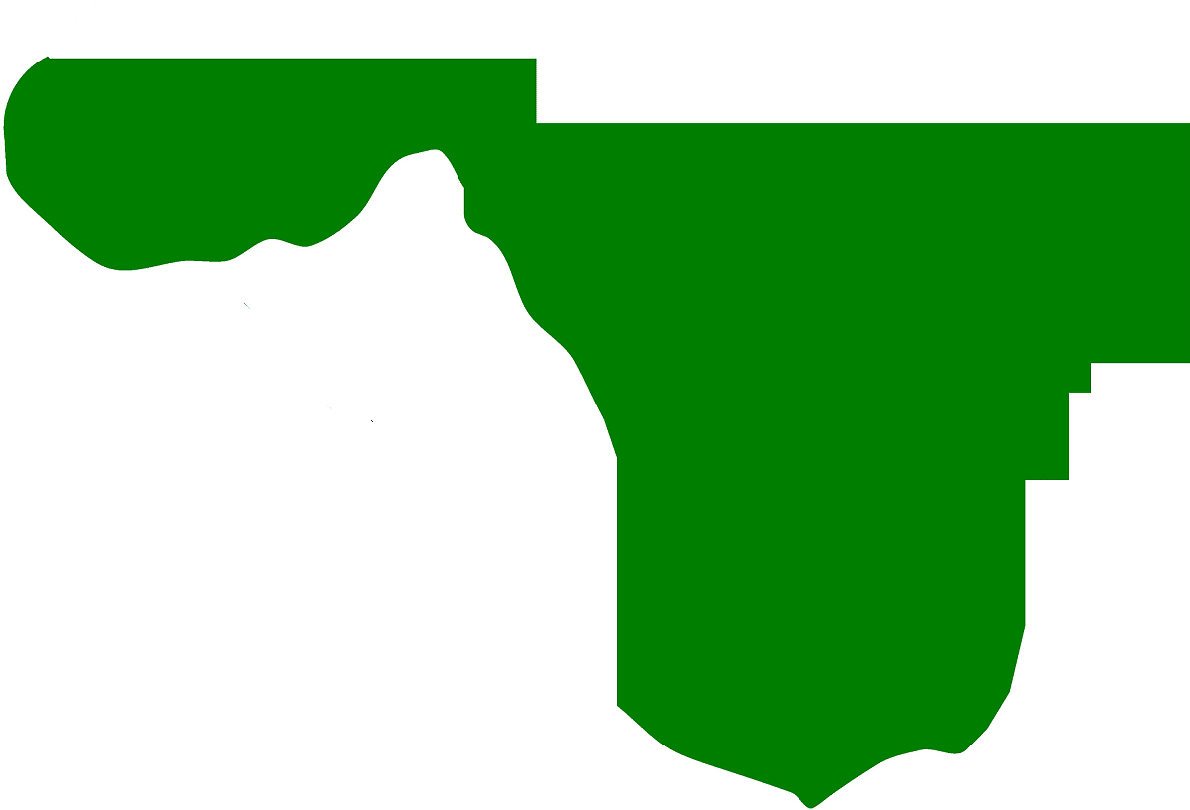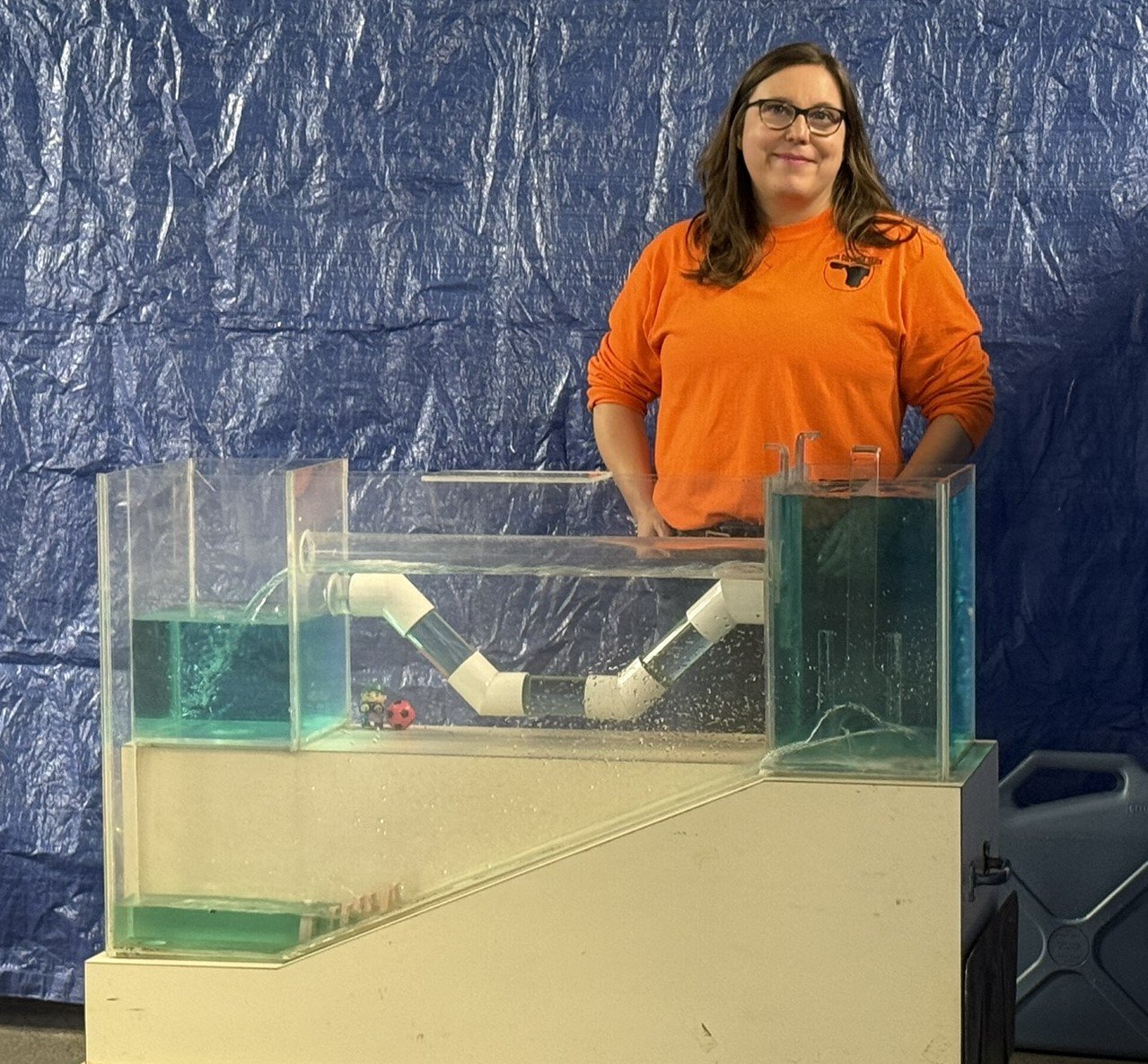The Franklin County Farm Bureau hosted area fifth grade students at Farm Fair 2025 on March 27th and 28th. The mission at this annual event is to increase agricultural literacy among youth, our future consumers, and leaders. Exhibitors such as Washington Association of Wheat Growers, local FFA classes, Benton REA, and many more provided interactive learning experiences.
Candice Kildall, Hydrologist and Terrie Larson, Executive Assistant spent the day with area fifth grade students teaching about our district and canal safety. Our interactive hydrology lab provided hands on experience learning about the powerful flow of water, water diversion and hidden dangers below the water surface. Additional information on canal safety can be found here.
The Franklin County Farm Bureau aims to be the “Voice of Agriculture”, an independent, non-governmental, voluntary organization governed by and representing farm and ranch families united for the purpose of analyzing their problems and formulating action to achieve educational improvement, economic opportunity and social advancement and, thereby, to promote the national well-being.
Thank you to the Franklin County Farm Bureau for hosting Farm Fair 2025 and allowing SCBID to participate. We look forward to next year.











